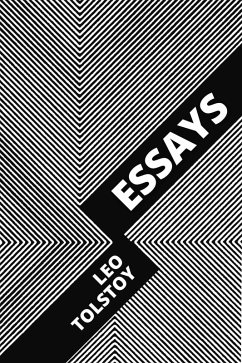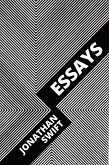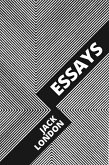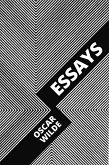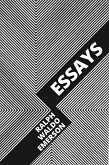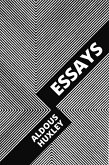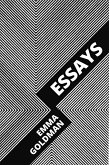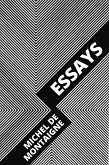Welcome to the Essays collection. A special selection of the nonfiction prose from influential and noteworthy authors. This book brings 10 of best essays of Leo Tolstoy, across a wide range of subjects, including literature, religion, society and many more topics. Leo Tolstoy is regarded as one of the greatest authors of all time. He received multiple nominations for the Nobel Prize in Literature every year from 1902 to 1906 and nominations for Nobel Peace Prize in 1901, 1902 and 1910 and the fact that he never won is a major Nobel prize controversy. Many of his most relevant works were published by Tacet Books. The book contains the following texts: - Introduction by Edmund Gosse- Why Do People Stupefy Themselves?- On The Significance Of Science And Art- On Labor And Luxury- To Women- Church and State- A Terrible Question- Trust Yourself. An Appeal To Young People- Last Message to Mankind
Dieser Download kann aus rechtlichen Gründen nur mit Rechnungsadresse in A, B, BG, CY, CZ, D, DK, EW, E, FIN, F, GR, H, IRL, I, LT, L, LR, M, NL, PL, P, R, S, SLO, SK ausgeliefert werden.

